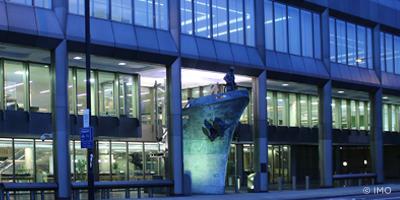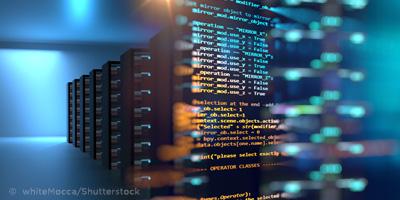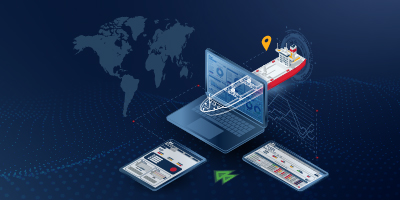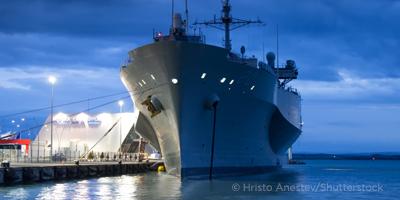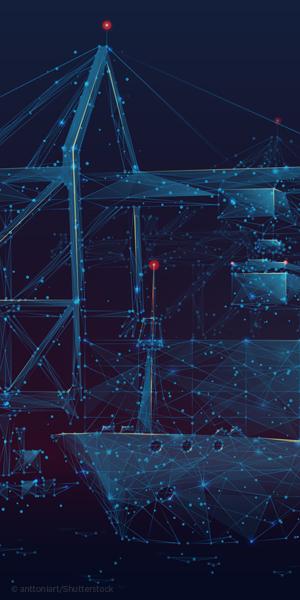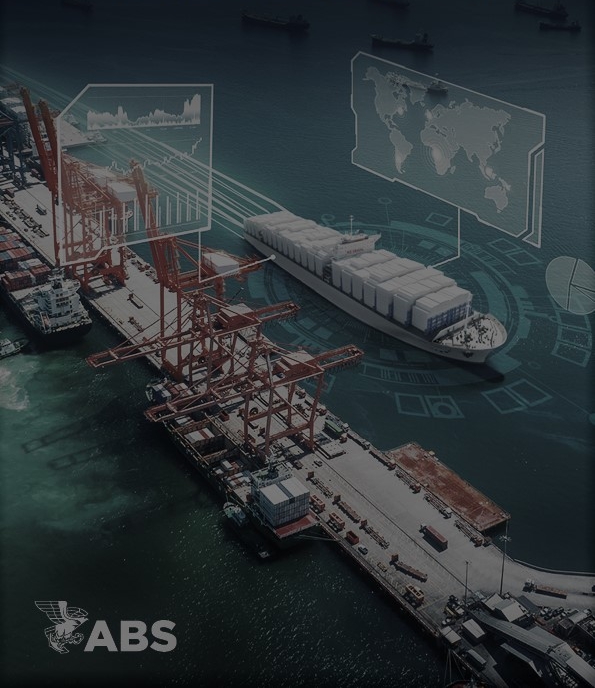At the Royal Institute of Naval Architects’ (RINA) recent Smart Ships Technology event in London, UK, ABS was invited to present on the classification considerations for cyber safety and security in the smart ship era.
John Jorgensen, Director of IT Security and George Reilly, Managing Principal Engineer prepared a technical paper on this topic, the summary of which is set forth below.
As the marine industry develops and introduces new technologies, it is the purview of Class societies to consider the potential impacts of those technologies on safety. Further, Class societies develop guidance and rules that embrace the benefits of evolving technologies while assessing the risks associated with their use.
As the industry has developed more highly instrumented, automated and interconnected “Smart” ships, unforeseen technical problems and risks have emerged in parallel with those developments. The potential for those dangers to be realized increases significantly with the ready ability to connect shipboard equipment and systems to shore. This subject is now familiar to the public as “cyber security.” Other industries are arguably farther down the path of integrated and interconnected systems than the marine industry. Therefore, as the marine industry enters the “Smart Era,” it is possible and responsible to learn from previous mistakes and to apply the lessons learned, particularly during system architecture design.
Through IACS, Class societies have already started reviewing problems of the complexity in highly interconnected systems, and have recognized that a limited number of cyber related problems result from malicious actions. Poor access protocols, weak passwords, poorly executed updates or modifications and the poor cyber habits of personnel all contribute to cyber problems and need to be addressed. Developing appropriate requirements and tools to take account of the whole system are needed. This paper provides perspective for the various risks that accompany Smart Ships, and it outlines the ways in which Class is maintaining its focus on safety throughout this “Smart Era.”
A full copy of the paper is available for download here.




